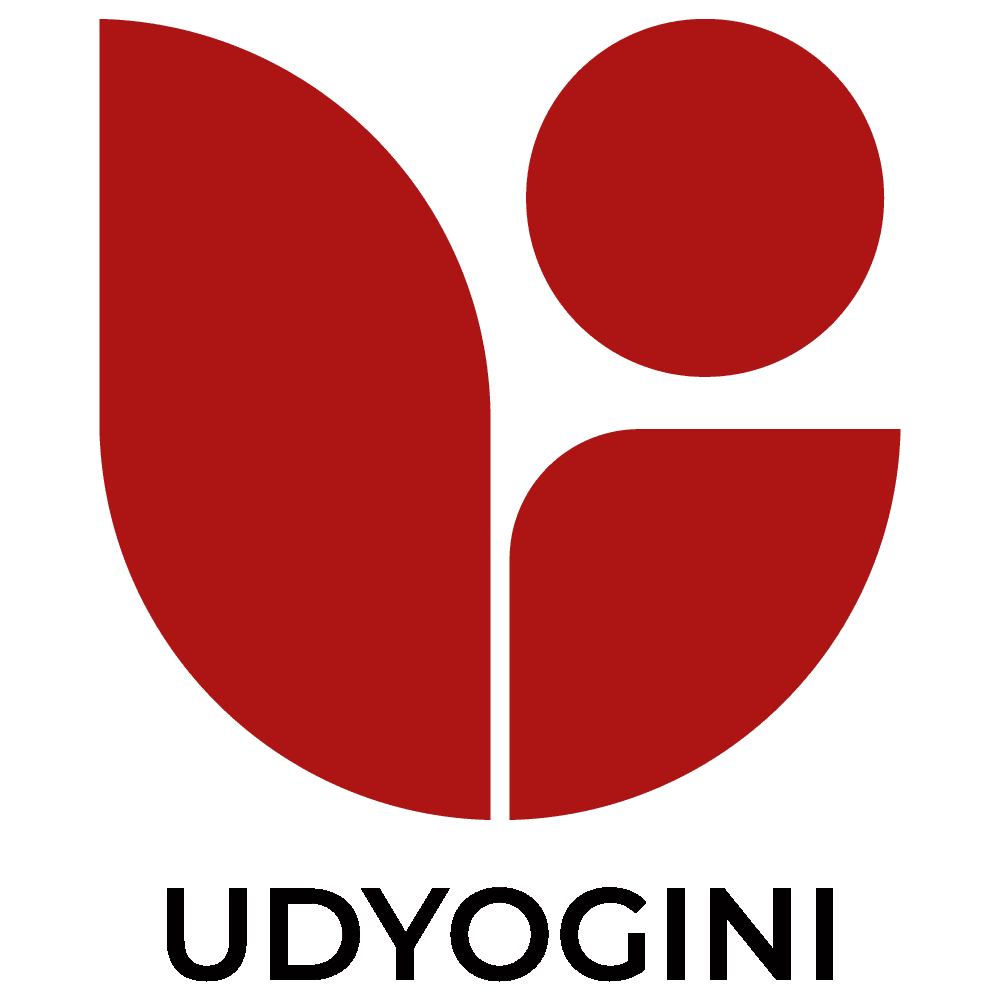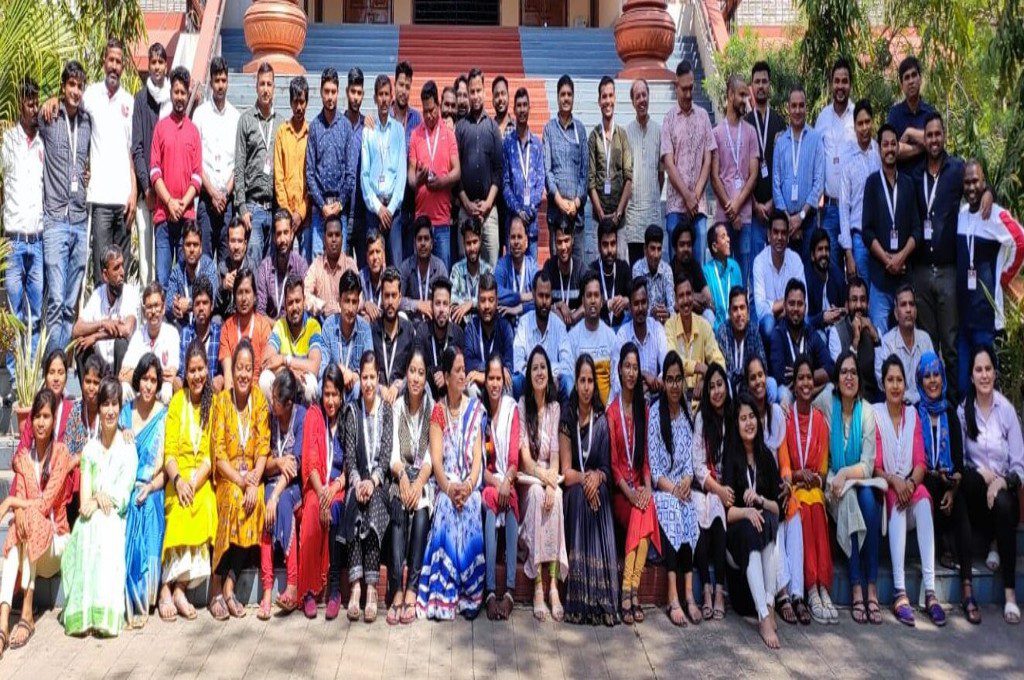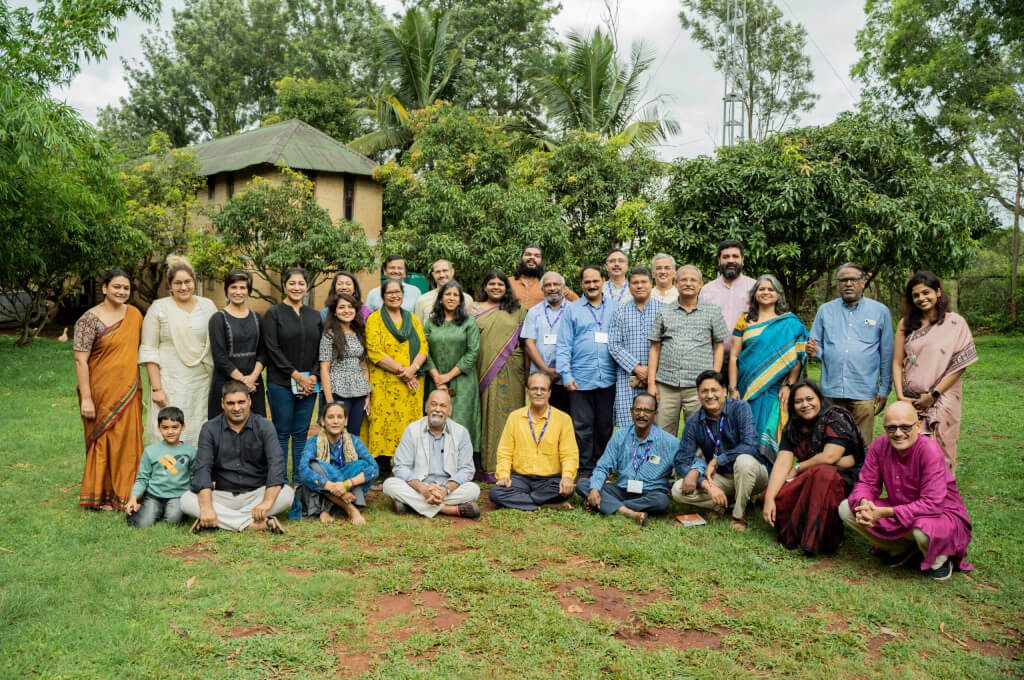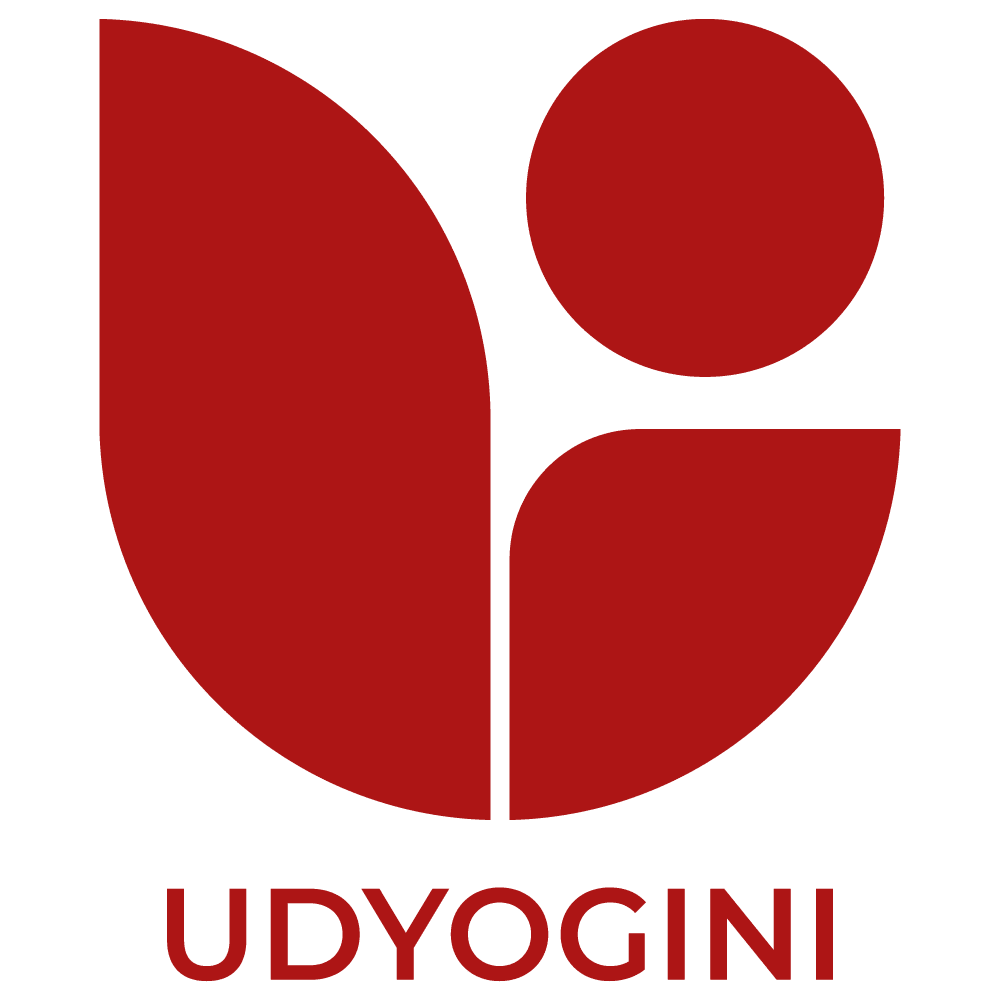Events
The Annual Retreat
After a two-year break due to the COVID-19 pandemic, Udyogini’s annual retreat was held in Raipur, Chhattisgarh, on February 21-26, 2022. All Udyogini employees attended it, including the CEO, Arvind Malik, and two external consultants, Rashmi Saxena and Ujjwal Ganguly. The retreat’s main goal was to evaluate the work done in Udyogini over the previous year and plan for its immediate and mid-term future. Furthermore, the following broad objectives were identified: – 1. Vision 2050 and the 2030 Strategy 2. Model of Udyogini 3. Values to live by 4. Priorities for 2022-23 Vijay Sahu, Project Manager (Kanker), began the event with a heartwarming welcome speech followed by the lighting of the lamp, folk dance by the field assistants of (Kanker, Chhattisgarh), a small note on the objectives of the retreat by the CEO, Deepti Ameta – Head Organizational Development expressed her joy in seeing everyone together and State Programme Manager Shambu Kumar was talking about Udyogini’s presence in Chhattisgarh. On the first day, Rashmi Saxena, the Program Coordinator, led an introductory activity to help all employees get to know and learn about each other’s expectations from the retreat. All participants shared their prospects, which were written down and given to the coordinator. The following were the top three most common expectations: – Understand people from various states and verticals Learn more about Udyogini’s vision and mission, as well as its history Gain knowledge about the multiple programs currently running in different states and locations The objective of the second day was to define the word समृद्ध महिला. Other questions along the same lines were added to this, such as which women in society are we calling empowered women, how they look, how many such women are in your respective villages, and why so many women are not empowered. The responses mostly revolved around statements like “If women start earning money, it will reduce the burden on men,” “Women should be financially independent so that they can make their own decisions, and they will also have control over Money,” “Income in hand- Confidence/trust in oneself- Respect in society.” The day continued with the State Programme Managers (SPMs) – Raj Kumar Barman, Shambu Kumar, Vivek Jain, and Gopal Kumar Jhadhav, present the history, current work areas, and functionalities of all the other team members in their respective states. To summarise the second day, a brief conversation was held to learn more about the functions of people working in the Delhi Office. Deepti Ameta, Head of Organization Development, took the lead and stated that Udyogini began with the mission based on the need and situation. And now, to grow in that alignment, Udyogini must evolve with time. This retreat has been organized to provide proper direction and guide people to follow and understand the approach. She spoke about the organization and its two parts, internal (Aantrik) and external (Aantrik). She has stated that retreat is a way to reduce the differences between various states and thrive on being in one direction and for the feeling of one Udyogini. Our work varies, as do our strategies across all states, but Udyogini has a single overarching goal. Towards the end, other Delhi team members spoke one line about their respective work areas. The third day was dedicated to everyone in Udyogini getting to know each other better and forming bonds. What better way to do so than to engage in sports together? For a change, everyone was dressed in Udyogini’s band t-shirts, and there was a sense of unity amongst everyone that day. Various fun games were held throughout the day, but the highlight was a cricket match at the Raipur police ground that lasted nearly three hours without a break. Everyone was utterly engrossed in the cricket match, which resulted in a few brawls, but we saw that many new bonds had been formed at the end of the day. That night, we said our goodbyes to half of our colleagues who had to leave for their respective locations to avoid disrupting the work. The next three days were crucial for the remaining employees because we all had to work together on the organizational goals. First, everyone shared their major takeaways and learnings from the previous three days, and we could tell that everyone was ecstatic to be a part of this retreat. In addition to discussing the history of Udyogini, Arvind Malik shared the following learnings: • Most women are content with their jobs as producers or wage earners. • Unless they are handheld by a market player, PG/companies are frequently not viable business entities. • Trading in the raw community is a high-risk endeavor. • It is a difficult battle for community-based FPOs to overcome external market competition. • Investing in the raw community will not yield many returns. • FPO/PCs are frequently unable to compete with a strong trader’s community that banded together against producers, particularly regarding commodity procurement and determining fair prices. Our special consultant Ujjwal Ganguly spoke about his experiences with Udyogini. The World Bank focused on women’s entrepreneurship at the time because it was a pressing need. The World Bank’s idea was to establish Udyogini, which would only work on women’s entrepreneurship. Udyogini used to work as a trainer for various organizations that worked on the ground to reach the most significant number of people. He also stated that Udyogini’s vision was to train women to work as businesswomen rather than just workers. To thrive with sustainability, they should be able to calculate BEPs, depreciation, other calculations, marketing, market research, and so on. Udyogini believed and still believes in women’s abilities and skills. The larger goal is that women can control their decisions and have money in hand. Ujjawal spoke very strategically about the practice of seeing the demon in whatever we are aspiring for, women, beneficiaries, or communities. Using an example, he stated, “We want to increase the annual income of 1000 women by INR 50,000. Let’s
Leaders: on the horns of a dilemma
We are all familiar with retreats, offsites or leadership workshops. Good food and some networking are the major attractions for many of such events. The mundane job of a leader, often dealing with dirty issues behind a closed-door room is a good enough reason to get away, anytime, any day. When the Ashoka Livelihoods for All, decided to include me too in the ‘leaders retreat’ at Bangalore, earlier this month, it felt like a wish coming true. Not just for this ‘break’, away from the regular routine, the agenda itself was very intriguing, so I jumped at the opportunity. I was still toying with several questions – “why would Ashoka invite us and call it a retreat? What is it from their agenda ‘future gazing’ mean? Should we make a presentation or some preparations? Did we submit reports in time to Ashoka?”, I entered the workshop room on a fine afternoon of early July of 2022, completely unsure of how the next two days were going to unfold, despite receiving a thoughtfully created pre-circulated agenda. To my surprise, the very first few minutes into the first session itself, I felt a strange calmness. The two brilliant facilitators – Bhavana and Mustafa had very cleverly curated exercises to usher our wandering minds into being in the moment. How often, have I thought of writing ‘a’ book, and how it continues to be a dream; and here I was trying to imagine this book with its title reflecting the core message of my life. Oh, yes, and a song that goes along with it. I immediately became focused in appreciating my surroundings, observing the expressions on our serious-looking professional faces, turning into child-like curiosity and awe with life. This was the start of humanizing each participant. No longer, we were just a function in some organization, but persons with brilliance and vulnerabilities of all kinds. It was humbling to learn about the fellow participants: their joys and pain points. The tone was set, and the energy in the room was casted for the upcoming several hundreds of the moments, for the next two days. Amidst several learning drawn from this experience, the four stayed with me – Learning about someone’s goal is one thing and dreaming one for others was another. The next two days helped in challenging the existing pretentions and forming new perceptions. Mustafa’s thought – “holding the dilemma, for the leader – of striking a balance between daily struggles versus the larger goal” really marvelled me. Performing any given tasks, I observed, we jointly and individually redefined the rules of the game, regardless of what we were told to do, by the facilitators. Each participant had a vague idea of the destination, clear understanding of the instructions, and yet, during the process, there was utter chaos. The success didn’t come each time, because the rules were followed or broken, but because of co-creation and persistence. As a group, and as individuals we shared a common vision. We came out more enriched, for being able to appreciate a dozen different interpretations for the same thing. In the journey of this co-creation, the genuine effort of collaboration, patience and active listening helped us achieve the goal more meaningfully, if not faster. Vision is important, zooming in is inevitable and scale is the ambition. Are theories and fancy frameworks enough for fulfilling this dream? Working for people require ‘people’. People with empathy, passion and purpose. It was truly liberating to hear the quandaries we all deal with as leaders – not just about the ‘right hire’ but about ‘grooming’ and ‘retaining’ and ‘creating assets’ for the organization of tomorrow. To me, juggling between effectiveness and efficiency, is the next dilemma the leaders have and its real, its costly and it can be a game changer in the ambition of scaling up and out. The tools and strategies can overcome some of the challenges, but the impact is also dependent on the culture, an organization is capable of fostering. A leader must live up to the values they desire to instil within the culture of an organization. And, aside from the technical skills, it is paramount that the trust between the person at the bottom and the leader at the top is built consciously, and, that, this trust is protected, at all times. It also resonated with me when Harish Hande said – “important for the leader to know, when they are an impediment in the growth of the organization than being an enabler: so, let go”. The debate of engaging with the government: convergence is an absolute must, system strengthening is paramount and achieving the scale horizontally or vertically, will inherently require engaging with the system. It is a difficult beast – the popular refrain in the room: identify officials who are keen and build in-roads. The political will at the top and interested individuals at the bottom is a requisite, isn’t it? Each stakeholder (donors, policy makers, bureaucrats, social entrepreneurs and so on) has its own strength: let’s play on one’s strength and bring their best Lego pieces on the table for others to chip in for the missing ones. To me, this is the third dilemma – keeping first, the needs of our ‘customers (beneficiaries)’ in mind, while satisfying the political interests of all stakeholders involved. The classroom learning was enriching but the conversations during meals, walking upto the rooms, butting into a group taking a ‘selfie’ or sharing a laugh in the evening while singing, added many more contours to this experience. In brief, the retreat stirred up several questions and reflections within my mind around innovation, scale and collaboration, beyond the institutional/sectoral contexts. And this is a real treat. It is nearly three weeks now, since we have all zoomed back into our routine lives again, but the reflectiveness acquired about these dilemmas are still going strong within me. Thanks, Ashoka, for curating this experience, and bringing the stunning individuals, who



